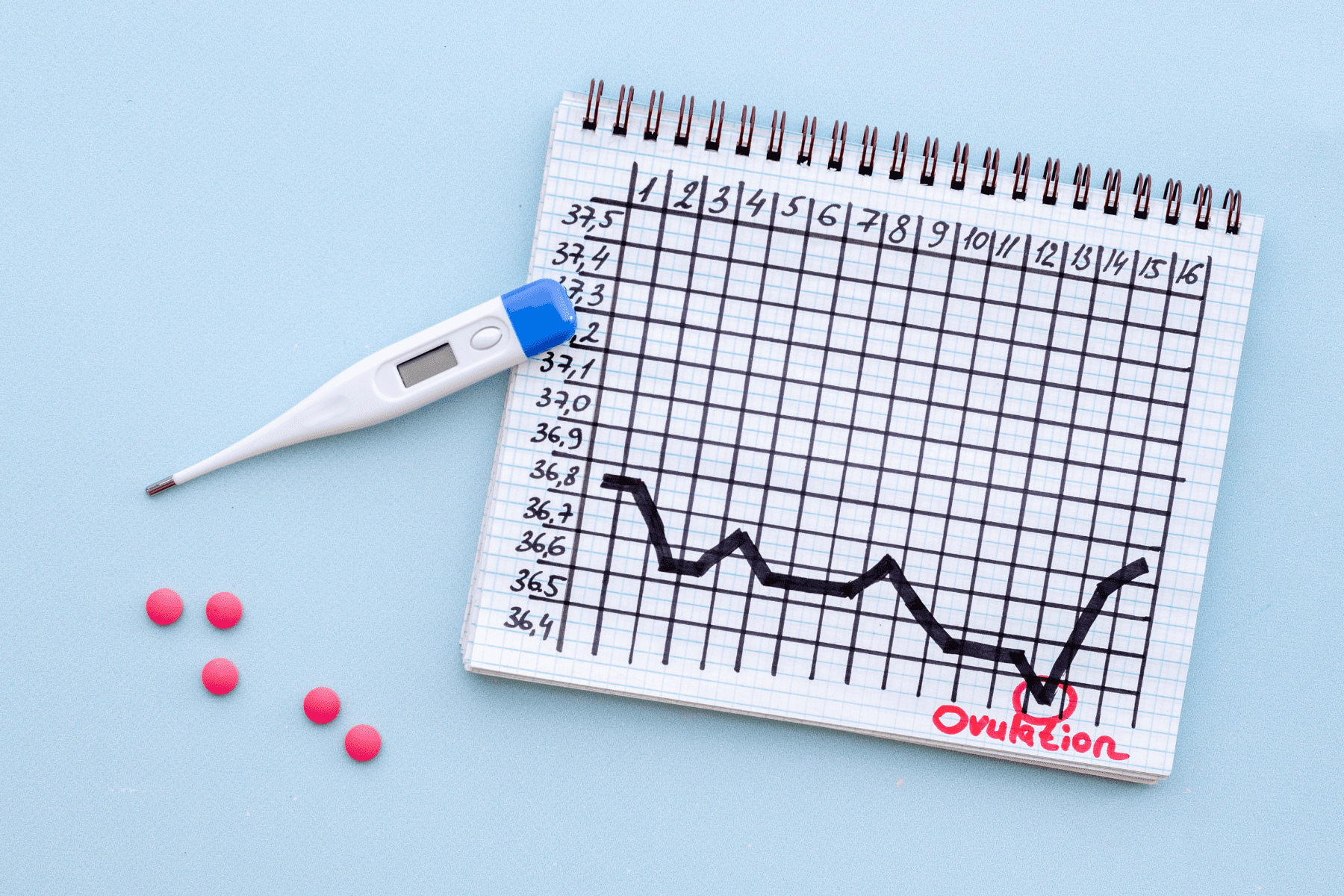If you’ve decided to start trying for a baby or are starting again after taking a break, Dr. Channing Burks Chatmon has 10 helpful tips to help you conceive.
Tips for trying to conceive
- Don’t complicate intimacy timing. Don’t try to “save up” sperm for several days or have sex multiple times a day during ovulation. Believe it or not, you aren’t increasing your chances of success! Aim for every other day or no more than once per day.
- Get enough sleep. A lack of sleep can harm your health in many ways, including your physical, mental, and reproductive health. Prioritize at least seven hours a night, and aiming for eight would be even better.
- Learn your BMI. Body Mass Index is a number that is calculated using a person’s height and weight and is used as an indicator of weight issues. Extra weight causes hormonal shifts that can affect ovulation and semen production and can make achieving a pregnancy more difficult. Conversely, being underweight can cause irregular or absent periods, interrupting ovulation. BMI <20 is considered underweight, 20-25 is the ideal range, and >30 is considered obese.
- Set a small weight goal. Losing as little as 10% of body weight can significantly improve fertility potential in overweight patients by helping you to ovulate more regularly. If you are underweight, aim to add enough for an ideal BMI score.
- Avoid processed foods. In today’s rushed world, it’s easy to microwave a can of soup, reach for a stack of crackers or grab a burger and fries. But if you are buying something ready to eat out of the box or bag, it’s processed. Cook large-batch meals like veggie-packed soups or sheet pan dinners that can double as lunch or leftovers. A diet enriched with lean protein (like salmon), veggies, fruit, and whole grains is always a great way to go not only for your reproductive health, but for your overall health too!
- Quit smoking. If you’re a smoker, we don’t need to tell you how hard it is to quit. But smoking is one of the most harmful habits out there for your overall health and fertility, and it harms both men and women. It’s hard, but you can do it with the support of your partner and smoking cessation programs.
- Use a fertility-friendly lubricant. Water-based lubricant, which is what you’ll find in most drug stores (K-Y Jelly, Astroglide), may inhibit sperm movement by 60-100% within an hour of sex. Fertility-friendly Pre-Seed Lubricant can help you the most, or you can opt for natural oils or oil-based lubricants.
- Don’t overdo caffeine. When the workdays are long, it’s easy to reach for another cup of coffee, grab a soda, or snack on chocolate. But too much caffeine can affect your reproductive health and risk of pregnancy loss. Aim for no more than 200mg, the equivalent of two cups of coffee, per day.
- Talk to a doctor. If you have been trying to conceive for 12 months (or 6 months for those that are 35 or older) do not be afraid to schedule a consultation with either your OBGYN or a fertility doctor to come up with a plan for evaluation and/or treatment.
- Seek support. Trying for a baby is fun…until it isn’t. Infertility is hard. It’s normal to feel isolated, sad, confused, angry, or any other emotion under the rainbow. Sometimes partners, friends and family can’t give us everything we need. Talking to a professional who specializes in fertility can help you on your journey. Please join one of our free support groups or talk to our amazing licensed clinical psychologist, Dr. Tiffany Edwards.
Medical contribution by Channing Burks Chatmon, M.D.
Dr. Channing Burks Chatmon is a reproductive endocrinologist and board-certified obstetrician and gynecologist who is passionate about supporting and guiding patients with personalized and evidence-based treatment options to fulfill their dream of having a family.
References:
Zinaman MJ, Clegg ED, Brown CC, O’Connor J, Selevan SG. Estimates of human fertility and pregnancy loss. Fertil Steril. 1996; 65(3). 503–509.








